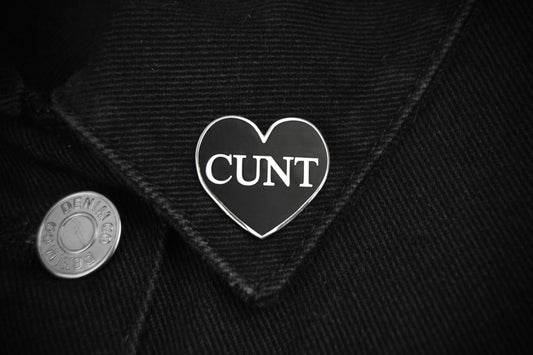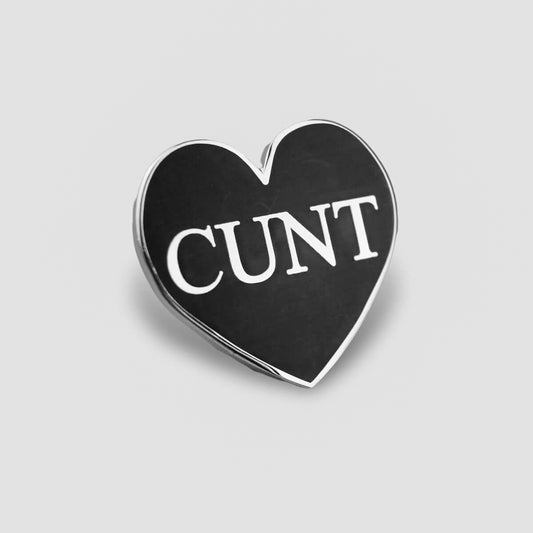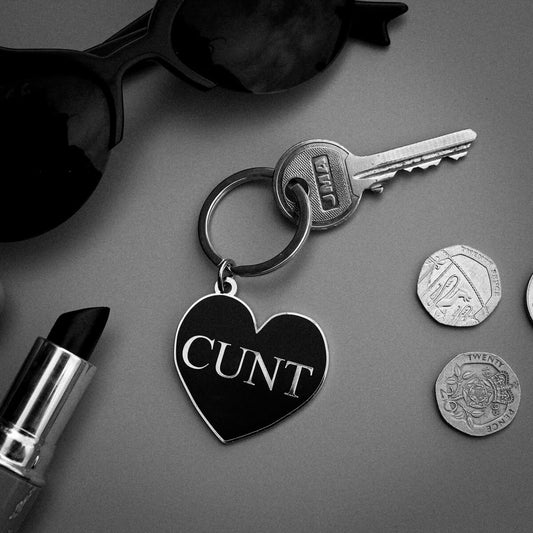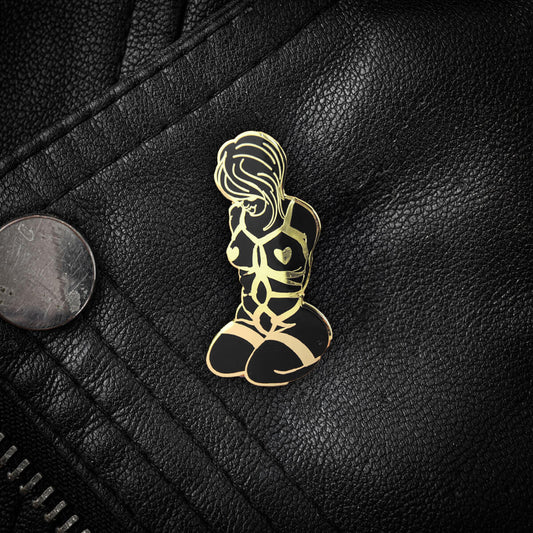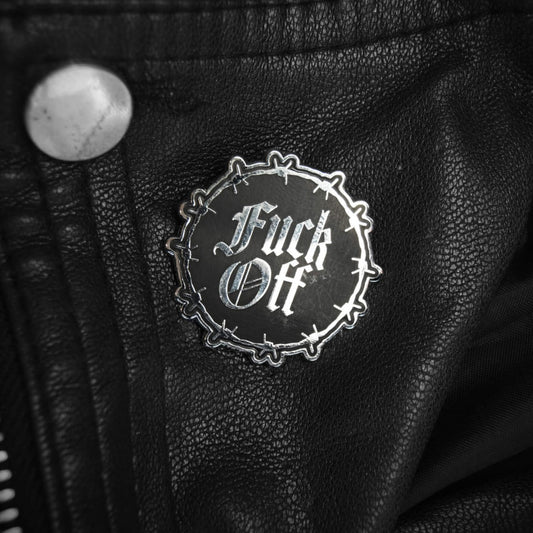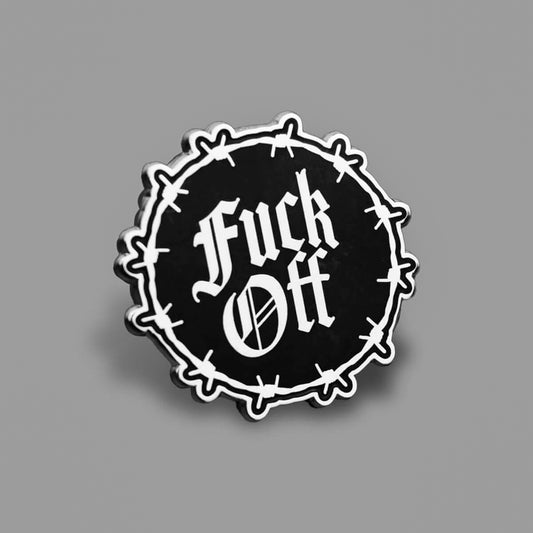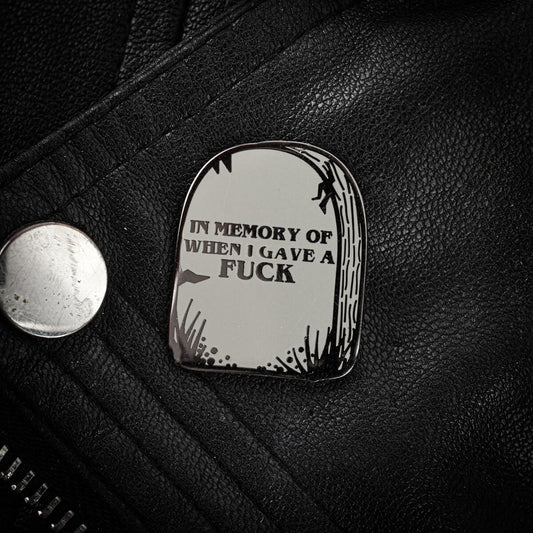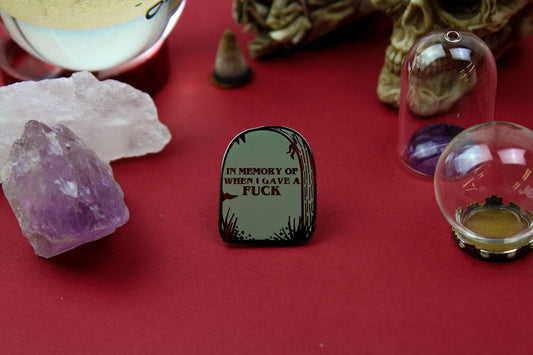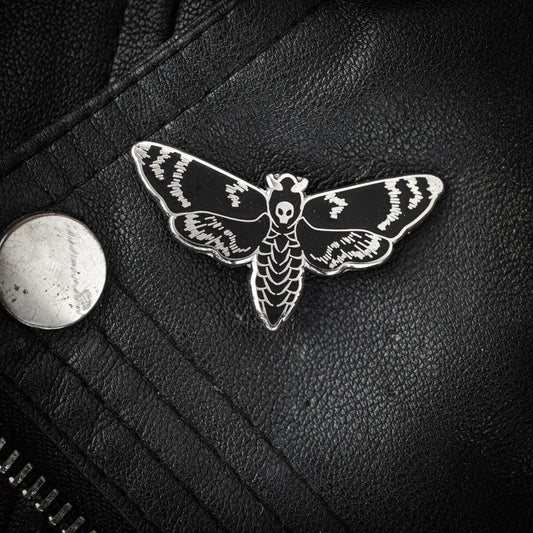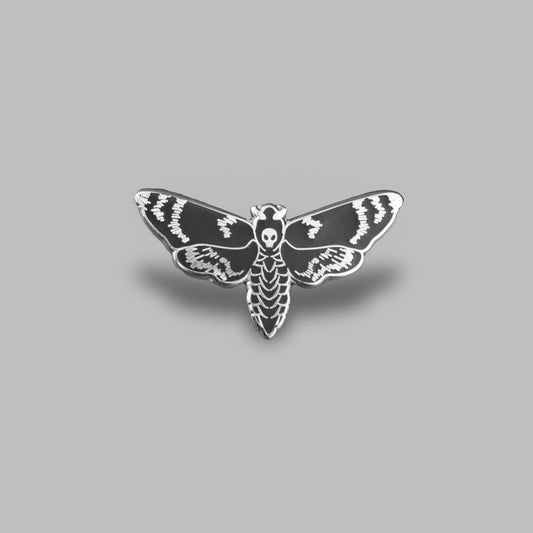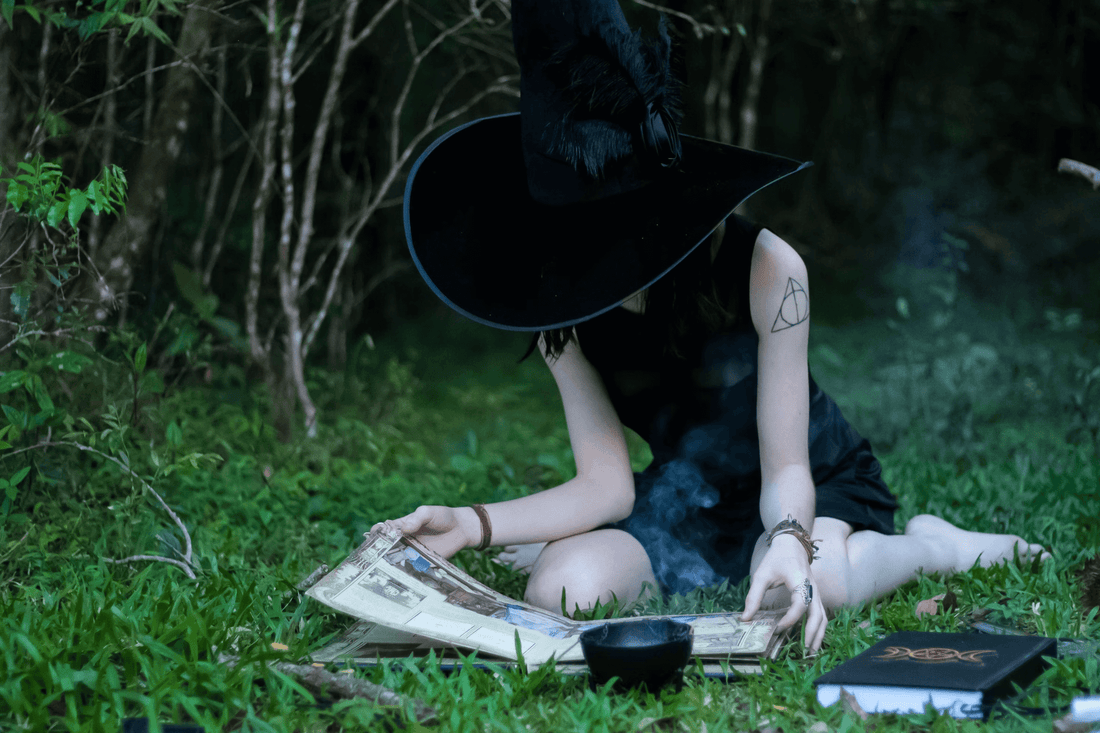
Is the Occult Connected to Witchcraft and Wicca?
Share
Setting out on a path into the mystical realms, in this article we’ll look at the deep links between the occult, witchcraft, and Wicca, revealing the elements that connect rituals, symbolism, festivals, and deities, and exploring the shared and unique aspects of these esoteric traditions.
We’ll look at both the similarities and differences, and how practitioners engage with these complex paths. Whether you're someone who is actively involved, well-versed, or just intrigued by the secretive realm of magick, join us in exploring the mysteries that both unite and distinguish the occult, witchcraft, and Wicca.
What Are the Definitions of the Occult, Witchcraft, and Wicca?
The blend of the occult, witchcraft, and Wicca forms a fascinating mosaic of mystical traditions.
The occult covers a wide array of mysterious customs, exploring concealed wisdom and spiritual understandings. Witchcraft, historically linked to casting spells and harnessing nature's energies, traces its origins across diverse cultural backgrounds. Wicca, a contemporary pagan faith, celebrates nature reverence, ceremonial magic, and a harmonious connection with higher powers. While witchcraft often intersects with the occult, not every occult pursuit involves witchcraft. Conversely, Wicca stands as a distinct spiritual journey under the broader canopy of the occult, highlighting respect for the natural world and the incorporation of magical practices within its ceremonies.
How Do the Core Beliefs of These Practices Differ?
In the world of the mystical, there's a rich tapestry woven with threads of the occult, witchcraft, and Wicca. These three paths, though intertwined, each have their own unique patterns and hues.
The occult acts as a vast canopy, encompassing myriad esoteric traditions and quests for hidden wisdom. Witchcraft, rooted in history and tradition, often involves spellcasting and draws inspiration from the natural world. On the other hand, Wicca, a contemporary pagan faith, celebrates nature, ritual magic, and a harmonious connection with the divine, often symbolised as the God and Goddess. While some occult practices may incorporate elements of witchcraft, they are not one and the same. Wicca stands as a distinct spiritual journey within the broader umbrella of the occult, marked by its structured beliefs, ceremonial practices, and adherence to ethical principles outlined in the Wiccan Rede.
Recognising these subtle distinctions unveils the intricate tapestry that binds the occult, witchcraft, and Wicca, showcasing the diverse array of paths within the mystical realm.
Are There Shared Rituals and Symbols?
Within the connected world of the occult, witchcraft, and Wicca, there's a web of shared rituals and symbols that bind practitioners together. These rituals often encompass invocations, spellwork, and symbolic gestures that transcend specific belief systems. Symbolism plays a significant role, with icons like the pentagram, lunar phases, and elemental representations resonating across these realms. Many who walk these paths incorporate these symbols into their practices, each adding their own twist to the mix. While Wicca shares similarities with witchcraft in its use of ritual, not every aspect of the occult involves such formalities.
These shared symbols and rituals highlight a common pursuit of mystical understanding and a desire to connect with higher powers. However, it's essential to appreciate the diversity within each tradition, recognising both the common ground and the unique characteristics that distinguish one from another.

How Do Practitioners of Each View the Others?
Within the occult community, perspectives among practitioners of witchcraft, Wicca, and other esoteric traditions vary widely, spanning from mutual respect to nuanced distinctions. While there exist commonalities such as the use of symbolism, energy manipulation, and reverence for nature, interpretations and emphases on these elements may differ greatly among individuals. Some practitioners see witchcraft and Wicca as distinct branches within the broader occult spectrum, valuing their individual expressions. Wiccans, while acknowledging the broader context of the occult, often focus on the spiritual dimensions unique to their tradition. On the other hand, witches may perceive the occult as an inclusive term encompassing their craft. Encouraging mutual understanding and dialogue among practitioners can foster a comprehensive appreciation of the interconnected and varied landscape of traditions.
Are There Shared Deities or Spiritual Entities?
In the world of occultism, the concept of deities holds a wide scope, allowing practitioners to find inspiration from various mythologies or personal symbols. Unlike structured religions, occultism typically doesn't adhere to a fixed set of deities. Instead, practitioners often utilise particular figures, whether from ancient myths or personal symbolism, as channels for focused intentions and rituals. Conversely, in witchcraft, particularly within Wicca, there's often a focus on venerating or invoking specific deities linked to nature, the elements, or ancient pantheons. The link between occultism and witchcraft lies in their mutual exploration of mysticism, ritualistic traditions, and the unseen realms, although they may diverge in their approaches to divine beings.

How Do Each Approach the Concept of Magick?
The connections between the occult, witchcraft, and Wicca in ceremonial magick have quite different approaches. Ceremonial magick, a central aspect of the occult, involves intricate rituals aimed at summoning specific energies or entities. Within witchcraft, especially in Wicca, ceremonial magick plays a significant role, with practices like casting circles, calling quarters, and invoking deities being common. Wiccans often draw from Western ceremonial magick, incorporating tools such as athames, wands, and pentacles. On the other hand, eclectic practitioners of the occult may blend various magickal traditions, integrating elements from ancient rituals or grimoires. The shared interest in ceremonial magick highlights a broader unity in their exploration of mysterious practices, despite each path displaying distinct variations in how ceremonial magick is applied and its significance.
What Role Do Ethics Play in Each Practice?
Ethics play a crucial role in guiding the practices of the occult, witchcraft, and Wicca, although interpretations vary.
The occult, being a broad umbrella, encompasses diverse ethical frameworks. Some practitioners prioritise the principle of harm none, a central tenet in Wicca as well, reflecting the ethical code of modern witchcraft. Wiccans, following the Wiccan Rede, adhere to ethical guidelines emphasising positive actions and avoidance of harm. In contrast, the occult might include practitioners who engage with darker aspects, navigating ethical boundaries differently. While Wicca tends to emphasise a harmonious relationship with nature, witchcraft and the broader occult may involve more diverse ethical considerations, reflecting the eclectic nature of these practices. Ultimately, ethical considerations provide a moral compass for practitioners in navigating the intricate landscapes of the occult, witchcraft, and Wicca.
Are There Shared Sacred Texts or Teachings?
While the occult, witchcraft, and Wicca diverge in their specific teachings, some shared threads exist. The occult draws from a multitude of texts, including the works of renowned occultists like Aleister Crowley's "The Book of the Law." In contrast, witchcraft might not have centralised sacred texts, but various traditions embrace books like "The Witch's Pyramid" or "The Charge of the Goddess" as guiding principles. Wicca, attributed to Gerald Gardner, relies on texts like "The Book of Shadows" for rituals and teachings. Though each path possesses its distinctive corpus, a cross-pollination of ideas often occurs, demonstrating the interconnectedness between the occult, witchcraft, and Wicca.

How Do Each View the Natural World?
The relationship with the natural world varies across the occult, witchcraft, and Wicca. In the occult, nature is often seen as a source of symbolic power rather than a direct spiritual focus. Witchcraft, deeply rooted in nature, views the natural world as sacred, emphasising the energies of plants, crystals, and elements in spellwork. Wicca, a modern pagan religion, reveres nature as a manifestation of the divine, often incorporating rituals tied to the changing seasons and lunar cycles. While the occult might see nature as symbolic, witchcraft and Wicca intertwine their practices with a profound appreciation for the Earth's rhythms and energies, showing the diverse perspectives within these interconnected spiritual realms.
How Are Each Represented in Popular Culture?
Popular culture often intertwines the occult, witchcraft, and Wicca. The occult is frequently portrayed as a mysterious and esoteric pursuit in movies like "Eyes Wide Shut" and TV shows like "The X-Files," emphasising secret knowledge and rituals. Witchcraft is portrayed in various ways, from the bewitched characters in "Sabrina the Teenage Witch" to the more authentic representations in "The Craft" or "Practical Magic." Wicca, although less common, occasionally appears, as seen in the movie "The Wicker Man."
These representations in media contribute to a blurred understanding, with the occult umbrella term often covering diverse practices, reflecting both the intrigue and misunderstanding that surround these spiritual paths.
Are There Shared Festivals or Celebrations?
While the occult, witchcraft, and Wicca are distinct, they do intersect in some seasonal celebrations. The Wiccan Wheel of the Year, consisting of eight festivals like Samhain and Beltane, shares similarities with some witchcraft practices that honour nature's cycles. Elements of these celebrations can also be incorporated into broader occult rituals, emphasising the connection between practitioners and the natural world.
However, the specific rituals and intentions during these festivities can vary widely among individuals and groups. For example, Samhain, a festival commonly celebrated in witchcraft and Wicca, involves honouring the deceased, but the way this is done can differ based on personal beliefs and practices within each tradition.

How Do Modern Practitioners Navigate These Connections?
In contemporary times, modern practitioners often navigate the connections between the occult, witchcraft, and Wicca in a fluid and eclectic manner. Many individuals draw inspiration from a combination of these practices, tailoring their spiritual journey to suit personal beliefs and experiences. For instance, a practitioner might incorporate Wiccan rituals into their broader occult framework, utilising ceremonial magic and divination methods. Eclectic witches, in particular, embrace a diverse range of influences from different traditions, allowing for a harmonious blend of occult, witchcraft, and Wiccan elements in their practices.
The interconnectedness of these paths offers flexibility, enabling individuals to craft a unique and meaningful spiritual experience that resonates with their understanding of the mystical and the magical.
Check out our article 'what is the occult?' to learn more.
